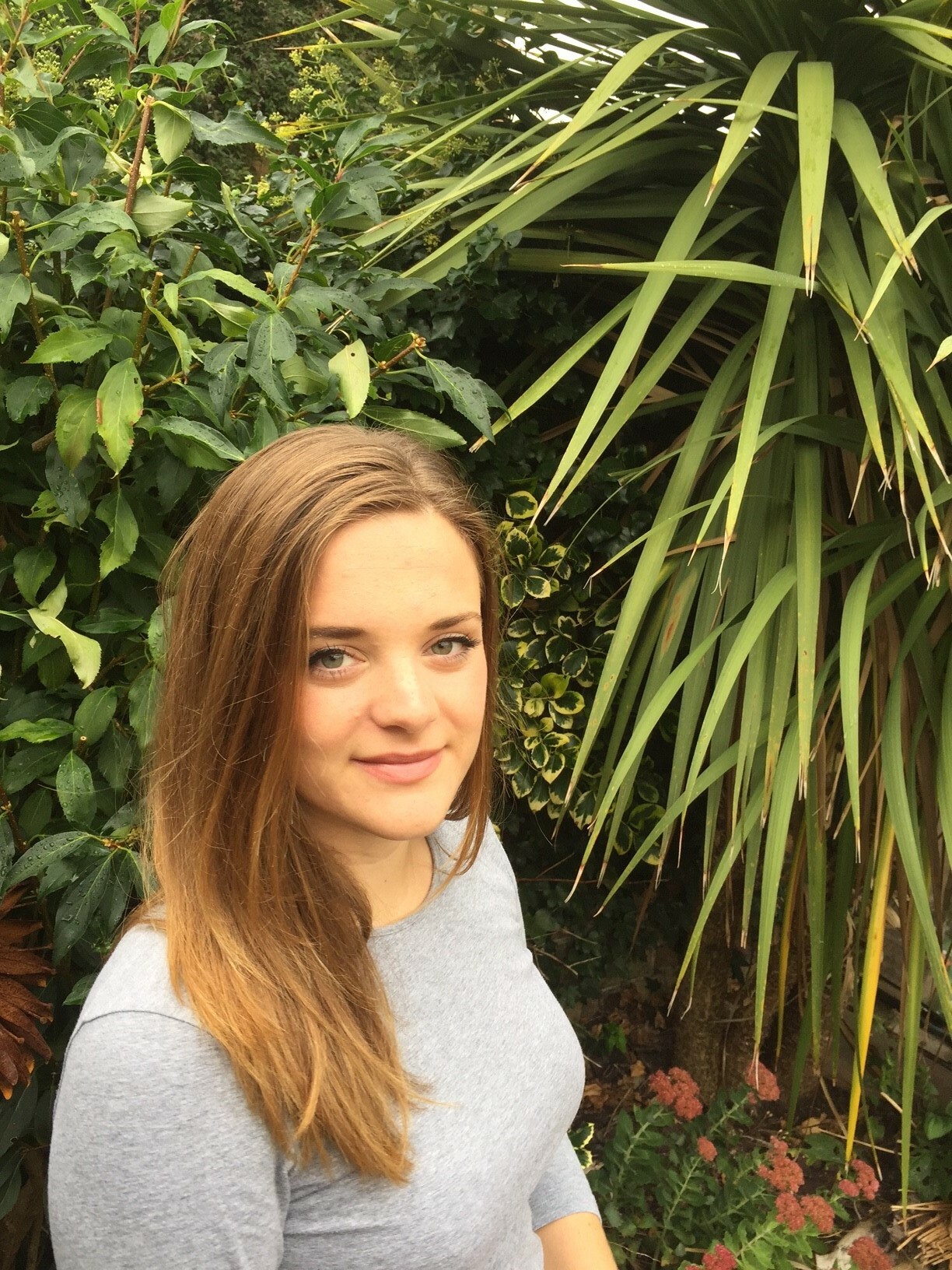May 2023
Amphibian Week was started in 2020 as a way to increase awareness about amphibians and to celebrate all things amphibian. This year, Amphibian Week is taking place from 7th – 13th May 2023.
UK Amphibians rely on small freshwater bodies such as ponds and small lakes to breed in every Spring. Common Frogs are unfussy when it comes to where they lay their spawn and will breed in small ponds in gardens, allotments and other green spaces whereas Common Toads favour larger waterbodies where they loop necklace like strands of spawn round plants.
In addition to amphibians, small freshwater bodies provide important habitats for a range of other aquatic and semi-aquatic species including fish and insects and provide water sources and feeding grounds for other animals including birds like swallows, mammals such as bats and reptiles like grass snakes. These habitats can act as stepping stones providing wildlife corridors through both rural and urban environments.
Despite their importance, small freshwater bodies are often overlooked and undervalued. It has been estimated that the UK lost 50% of it’s ponds in the 20th Century and of those that remain 80% are in poor condition. Reasons range from increasing numbers of people filling in garden ponds to changes in farming practices that have meant ponds are no longer maintained as water sources for livestock.
The presence of ponds, scrapes, small lakes, ditches, and other small water bodies also benefits people in a variety of ways such as cooling urban environments, acting as sound absorbers, sequestering carbon and providing calm oases that can improve our mental health and wellbeing. They also give us places to see wildlife up close and learn about different species, habitats and ecological processes. The fact that these features are small means they can be found in all parts of the country including inner city areas. We know that some of the most disadvantaged areas also have poorer access to natural green spaces further disadvantaging the people that live there. Small freshwater bodies offer the opportunity for people from all areas to benefit from access to nature.
It is therefore essential that we make sure these habitats are included in our environmental policies. Wildlife and Countryside Link’s Blueprint for Water Group - which Froglife is a member of - has already made the case that the Water Framework Directive could be improved by including small waterbodies. Now we must go beyond this to ensure that small freshwater bodies are always part of the conversation and are recognised for the special role that play in our landscape.
Jenny Tse-Leon is Froglife’s Conservation, Evaluation and Research Manager. Follow @froglifers
The opinions expressed in this blog are the authors' and not necessarily those of the wider Link membership.

Latest Blog Posts